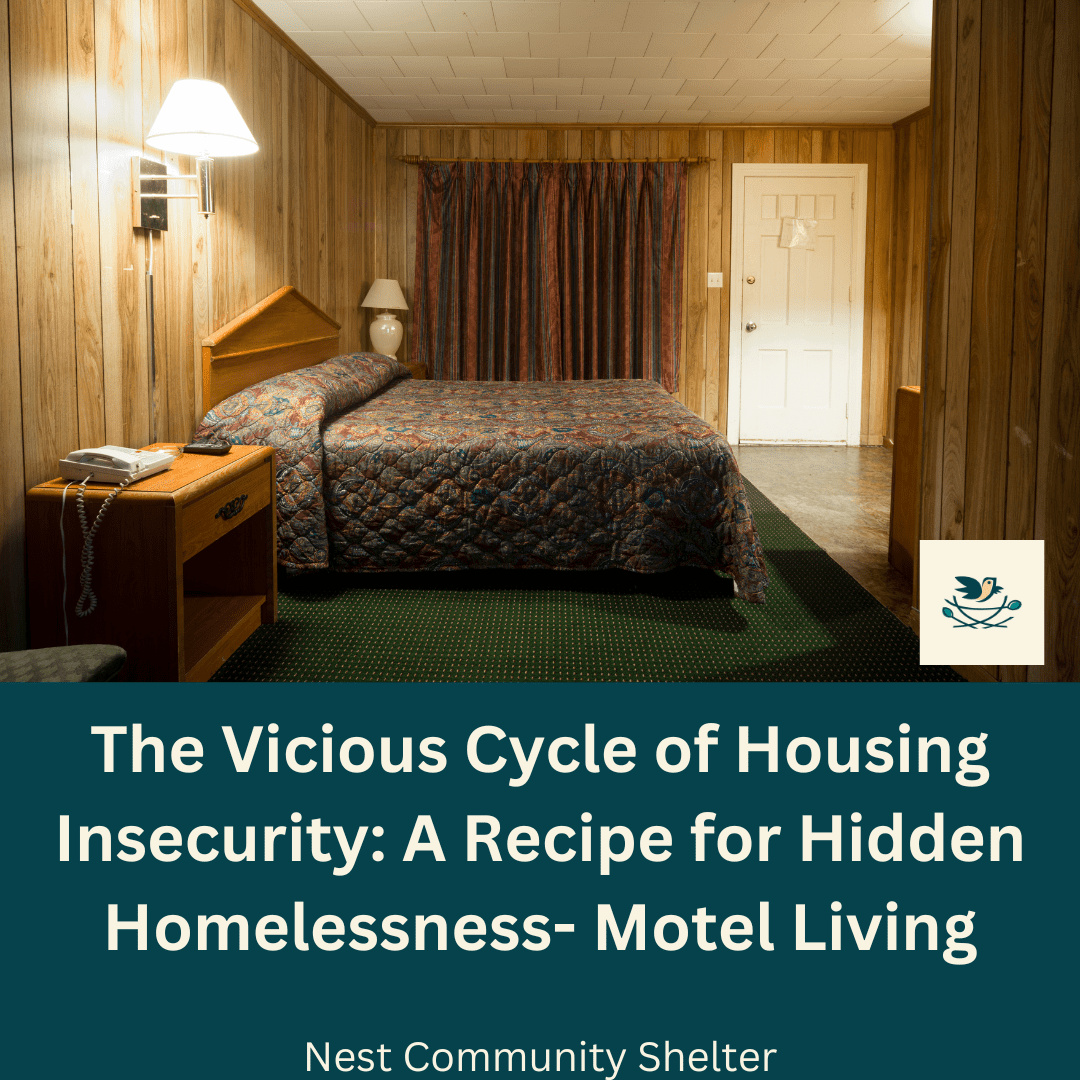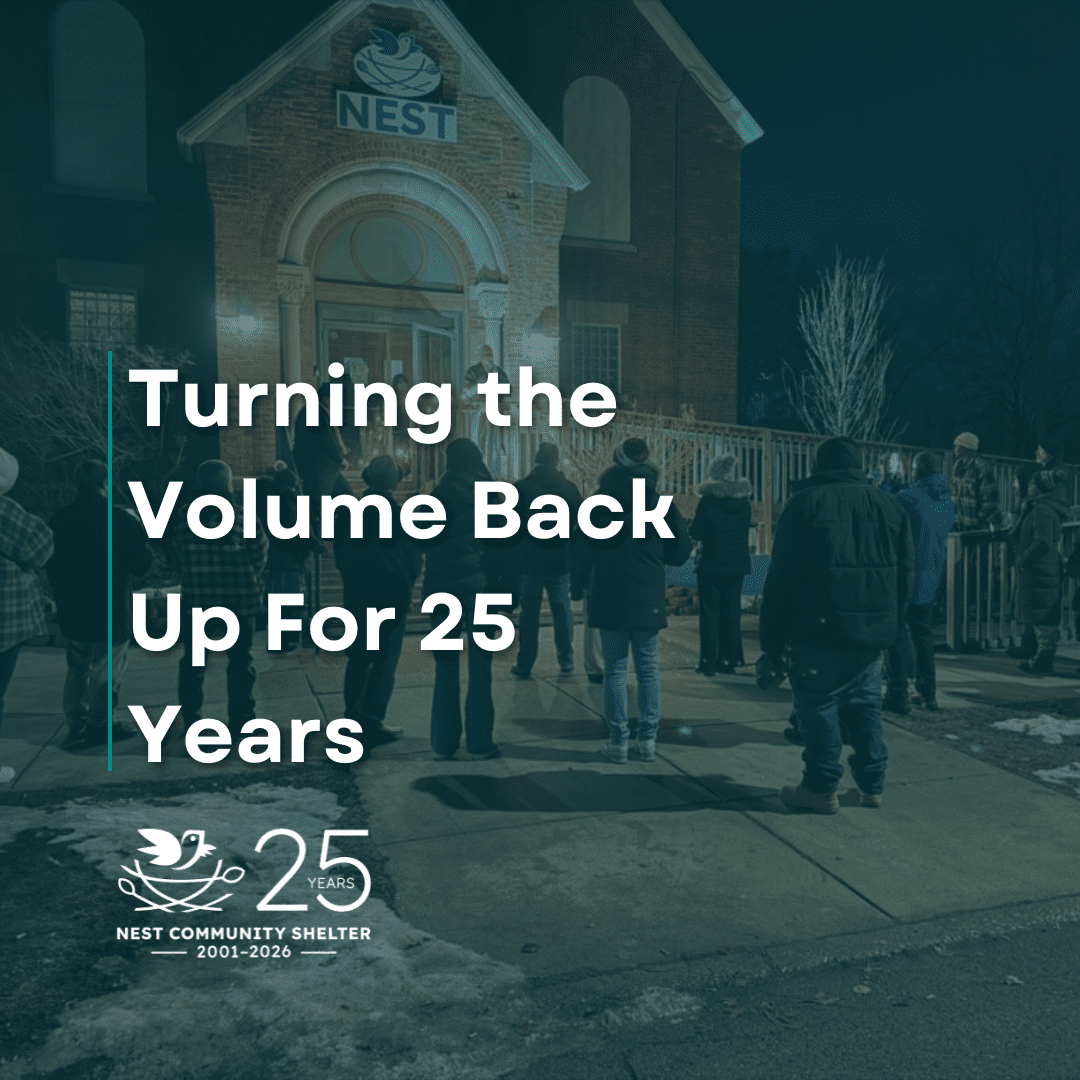
The devastating effects of housing insecurity on individuals and families in our community are evident across Michigan City and La Porte County. One of the most heart-wrenching realities we encounter is the growing number of people who are left with little to no choice but to live in motels. Motel living is a form of hidden homelessness. This crisis is a direct result of the widening gap between wages and the rising cost of housing, which traps many in a vicious cycle of poverty and instability.
In our area, the minimum wage remains stagnant at $7.25 per hour while the cost of housing continues to soar. The average rent for a one-bedroom apartment is a staggering $1,313 per month in Michigan City, and even a studio apartment can cost around $675. To put this into perspective, a minimum wage worker would need to work 181 hours per month just to afford a one-bedroom apartment, leaving little to nothing for other essential living expenses.
The cost of housing is only one piece of the puzzle. When you factor in the expenses of utilities, groceries, transportation, and healthcare, it becomes clear that many low-income individuals and families are facing an impossible situation. They are forced to make difficult choices between putting food on the table, keeping the lights on, or paying rent.
As a result, many find themselves falling behind on rent payments, facing eviction, and ultimately becoming homeless. With limited affordable housing options and long waiting lists for public housing assistance, motels often become the only viable option for those in crisis.
Living in a motel is not a sustainable or healthy long-term solution. Motel rooms are often cramped, lack proper cooking facilities, and provide little to no privacy. Families are forced to live in close quarters, which can lead to increased stress and strain on relationships. Children living in motels face numerous challenges, including difficulty accessing education, lack of stability, and exposure to unsafe environments.
Moreover, the high cost of motel living perpetuates the cycle of poverty and housing insecurity. Many individuals and families end up spending a significant portion of their income on motel fees, leaving little room for saving money or improving their financial situation. This traps them in a constant state of crisis, making it nearly impossible to break free and secure stable, permanent housing.
As a community, we must recognize that housing insecurity and motel living are not personal failures but systemic problems that require collective action. We need to advocate for policies that increase the supply of affordable housing, raise the minimum wage to a living wage, and provide comprehensive support services to help individuals and families transition out of homelessness.
At Nest, we work tirelessly to provide a safe haven and support for those experiencing homelessness, but we know that emergency shelters are not a long-term solution. We need a multi-faceted approach that addresses the root causes of housing insecurity and creates pathways to stable, affordable housing for all.
No one should be forced to live in a motel because they cannot afford a place to call home. It is our collective responsibility to ensure that everyone in our community has access to safe, stable, and affordable housing. Together, we can work towards a future where housing insecurity and motel living are a thing of the past and where every individual and family has the opportunity to thrive.





